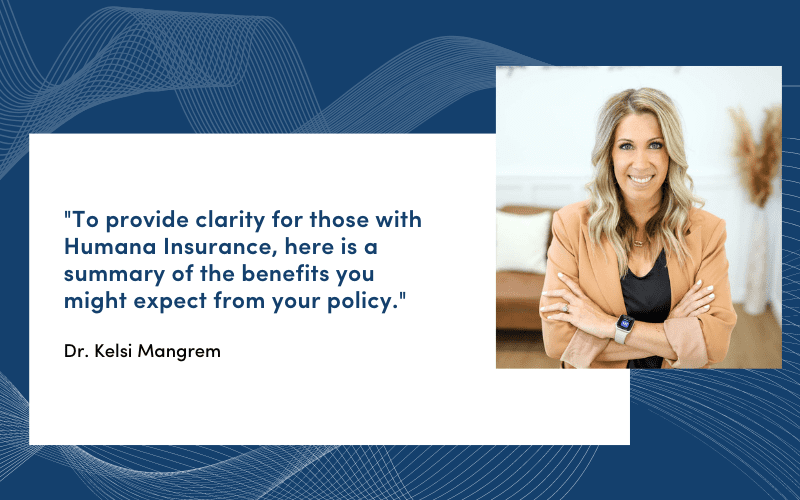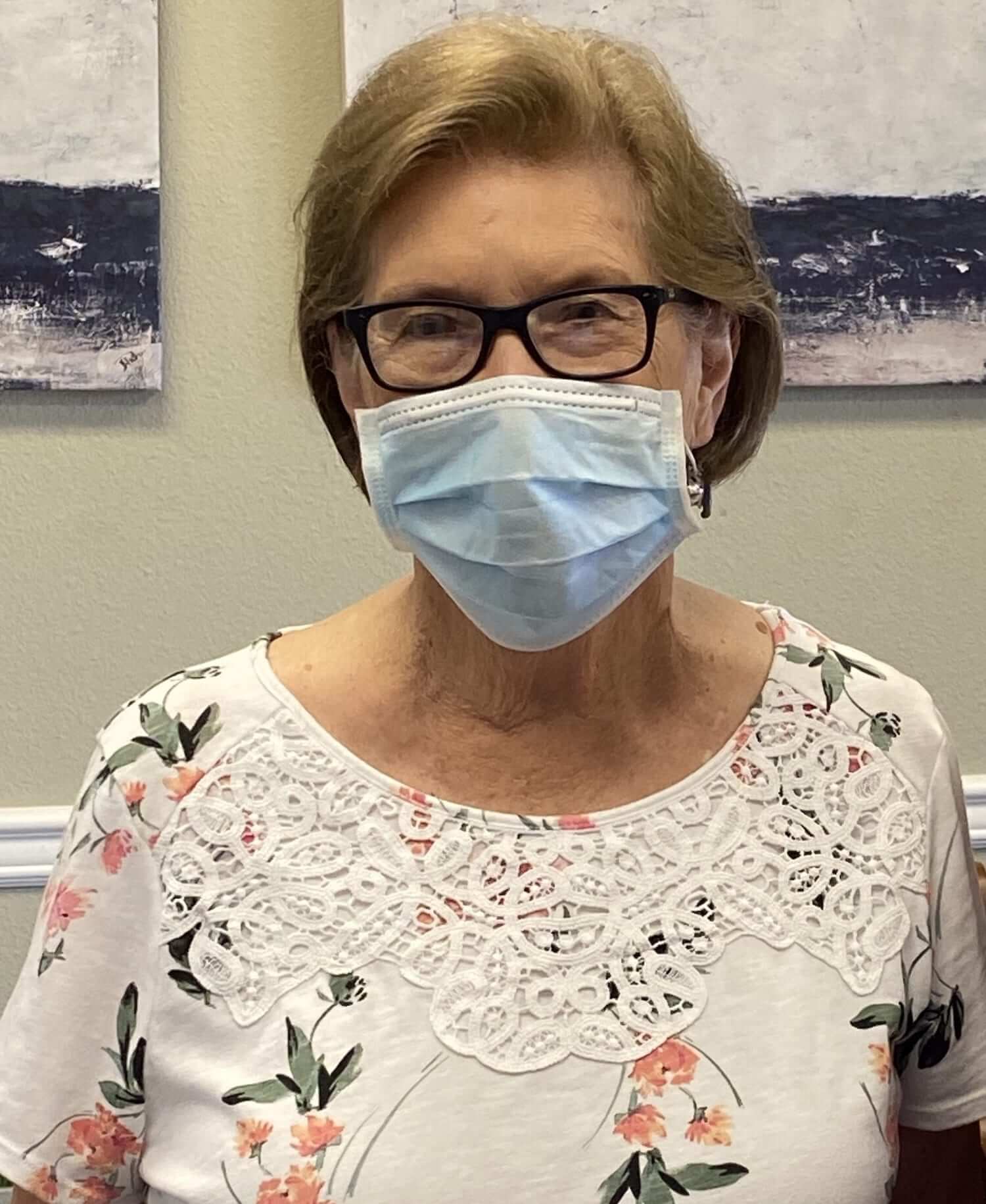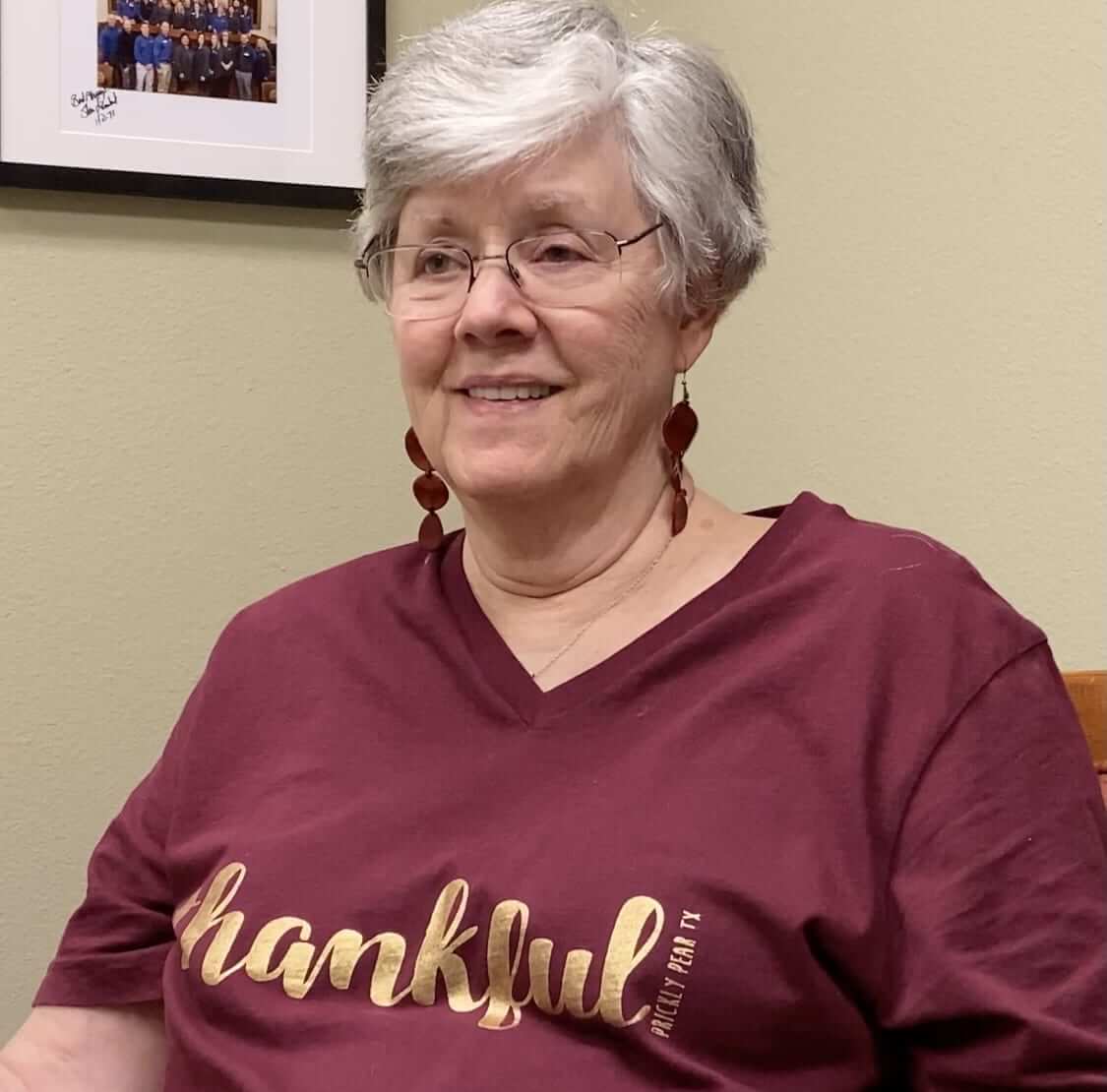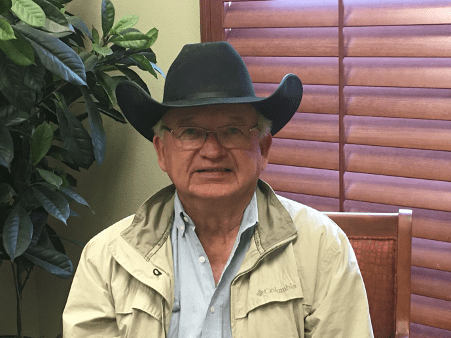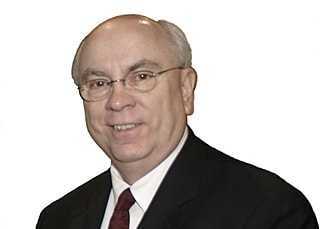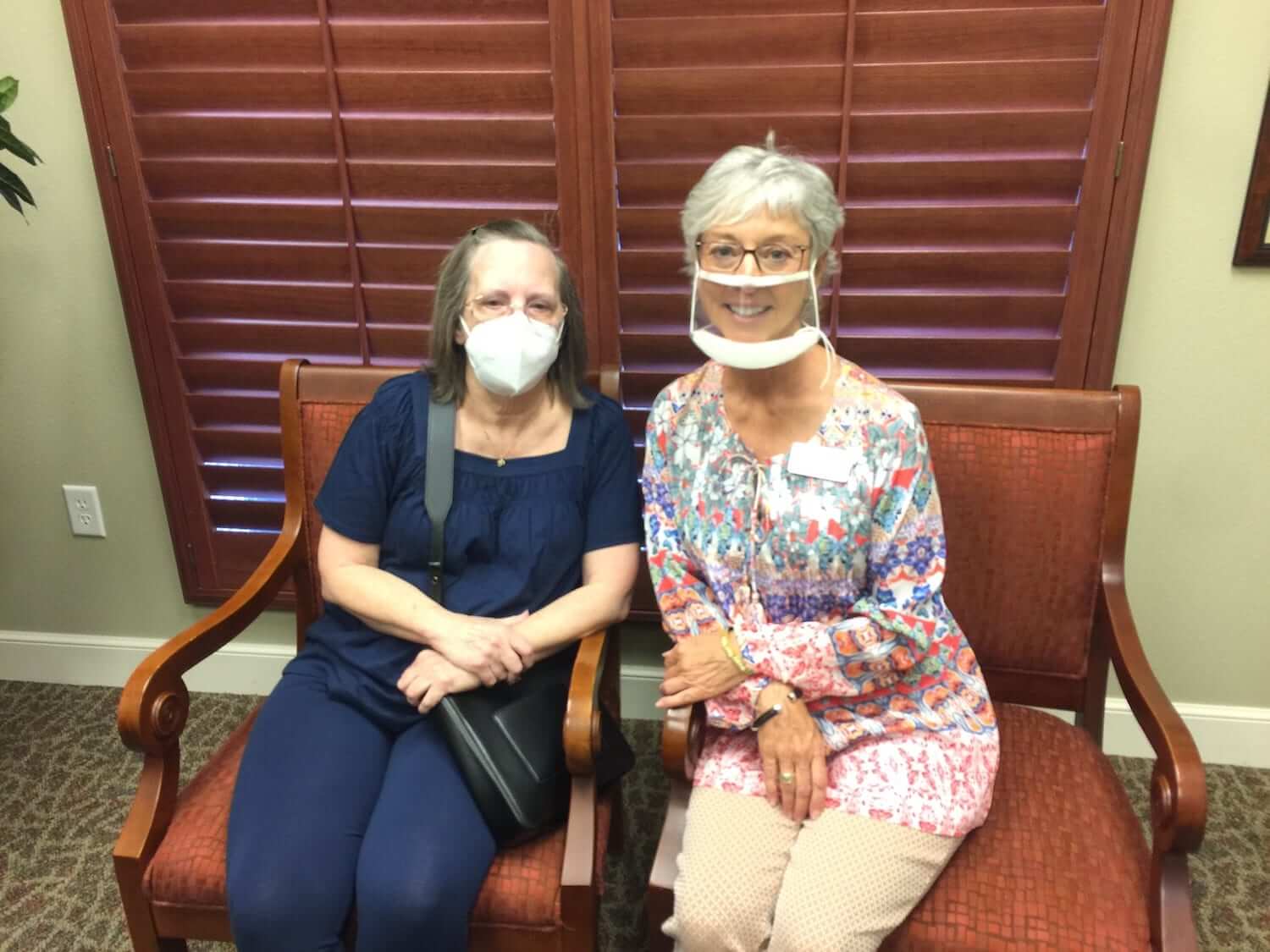The voices of grandchildren playing, the wind whistling through the trees, cicadas on a warm summer evening, and birds singing are among the life-enriching sounds that often disappear with hearing loss.
Johns Hopkins researchers indicate that more than 40 million Americans miss out on these and other sounds due to a hearing impairment, a number they expect to almost double by 2060.
Hearing aids can bring back those missing sounds, not only adding to a more independent and rewarding quality of life but also reducing the risks of developing mental and physical health conditions linked to untreated hearing loss such as depression and dementia.
Although I know they cost a lot, I do everything I can to encourage my Big Country patients to invest in hearing aids so that they can take advantage of their extraordinary benefits.
Helping our patients navigate the world of insurance to find out what assistance they can expect from their Cigna Insurance policies is among the many ways we can help.
What To Expect From Cigna Insurance
About one-third of individuals between 65 and 74 in the US have some level of hearing loss – a number that increases to half of those over the age of 75, according to the National Institute on Deafness and Other Communication Disorders (NIDCD).
That means that most of those who could benefit from hearing aids are also eligible for Medicare coverage.
The bad news is that Medicare does not cover hearing aids or hearing care, leaving many dependent on it without the means to invest in hearing aids.
Cigna is among the insurance companies that provide supplemental assistance for those with Medicare coverage, providing three options.
Cigna-HealthSpring Advantage (HMO)
Cigna’s health maintenance organization (HMO) allows you to select doctors, specialists, and facilities from within its network of providers.
The HealthSpring Advantage network provides $700 per ear for hearing aids every three years and a free routine hearing exam each year. Selecting a hearing care provider outside of Cigna’s network could limit your coverage.
Cigna-HealthSpring Preferred (PPO)
Instead of an HMO, Cigna also offers HealthSpring as a Preferred Provider Organization (PPO) insurance plan, which is less restrictive in choosing care providers and facilities.
However, you can expect the same benefit of $700 per ear every three years for a hearing aid and free annual standard hearing exam coverage. Again, choosing options outside of Cigna’s network can limit the benefit you will receive for care.
Exclusive Provider Network (EPOs)
Exclusive provider network (EPO) plans, which are more flexible when compared to HMO and PPO plans, are also available from Cigna but can include out-of-pocket expenses if you receive care from outside of the plan’s network.
The amount of assistance for hearing aids you can expect from Cigna’s EPO plan will depend on the location and the treatment options you choose.
Let Us Sort Out Your Insurance Concerns
You can take advantage of hearing aids to bring back those life-enriching sounds you have been missing, as well as reduce your risk for developing serious mental and physical health conditions.
To make sure that you can come up with the funds necessary to invest in your hearing aids, Holland Hearing Center has a team of insurance experts available to find out what level of assistance you can expect from your Cigna Insurance policy.
Give us a call at (325) 437-4730 , or submit our insurance coverage inquiry form, so our team of experts can go to work for you.





